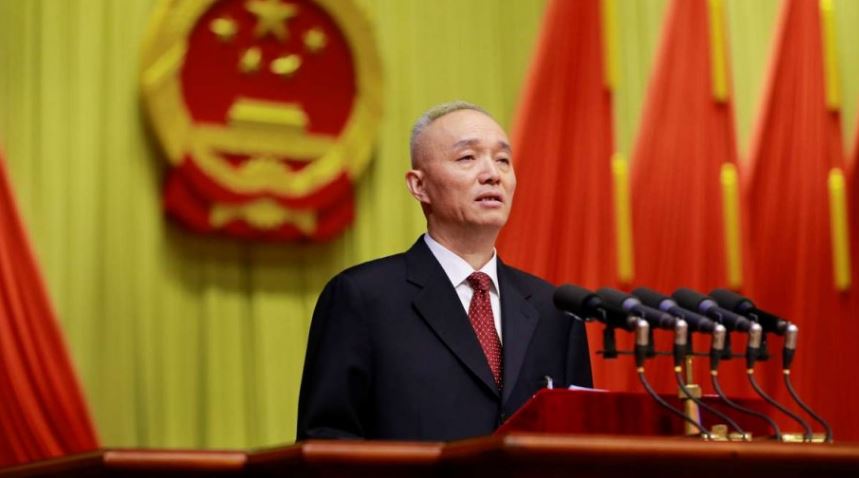China blocks North Korean bank accounts – China’s latest political and current affairs news
A summary of the top news in Chinese politics and current affairs for September 11, 2017. Part of the daily The China Project newsletter, a convenient package of China’s business, political, and cultural news delivered to your inbox for free. Subscribe here.

World leaders breathed a quick sigh of relief over the weekend as North Korea did not conduct (paywall) a second missile test (following the nuclear one on September 3) on its 69th national anniversary, as some had feared.
That relief didn’t last long, of course, because the threat of a nuclear-armed North Korea remains more present than ever. China, for one, may finally be done holding its breath on what to do about the country, after years of equivocating.
- The Financial Times reports (paywall) that China’s top five banks have taken an “unprecedented move” to ban all North Koreans from opening bank accounts, with some going even farther and forbidding new deposits. The FT notes that though cash payments via Chinese citizens is an easy way for some businesses to skirt around the restrictions, the move clearly signals that “policy hawks in Beijing have gained the upper hand in an internal debate over whether to toughen sanctions against the Kim Jong Un regime.”
- Of course, China is also doing this its own way, not necessarily the way the U.S. and other countries involved in the region wish. At the same time as the Chinese imposed these financial restrictions, they balked at the oil embargo and travel ban on Kim Jong-un proposed by the U.S. at the UN. A version of the sanctions proposal with less stringent energy restrictions and no travel ban goes up for a vote at the UN Security Council at the same time this newsletter goes to press. It is unclear if it will pass, Bloomberg says. Update: the sanctions passed, but as the Times says (paywall), it “remained wholly unclear whether the additional penalties would persuade North Korea to halt its nuclear and ballistic missile tests.”
Two other reports remind us that North Korea’s economy, and therefore the ultimate effect of all of these attempts at influence by other countries, remains shrouded in mystery.
- The AP explains a recent 111-page UN report that concluded “the DPRK is deliberately using indirect channels to export prohibited commodities, evading sanctions,” exporting at least $270 million worth of goods to China via conduits in southeast Asia and elsewhere.
- The New York Times examines (paywall) trade along the border of China and North Korea, writing that “China has increased its exports to North Korea…apparently selling on credit,” even as it has decreased the amount of imports from the country.
- North Korea
Opinion: China’s North Korean Liability / Foreign Affairs
Opinion: China’s Xi hates Kim Jong-un. But he hates instability more / The Guardian
China ends radiation monitoring in border regions with North Korea / Global Times - Science
Returning the favor: ‘China’s Nobels’ reward world-class researchers bringing top talent home / SCMP
China building world’s biggest quantum research facility / SCMP
‘Mars Village’ for tourists, not astronauts / China Daily - U.S.-China relations
China’s ‘Javanka’ fanatics dismayed as first daughter cancels visit / The Guardian
Next stop for the Steve Bannon insurgency: China / NYT (paywall)
California resolution shelved after Chinese opposition / AP - Lee Ming-che
China court releases video of Taiwanese activist confessing to subversion / Reuters - Natural disasters
Hundreds of thousands could be evacuated as ‘giant’ typhoon set to hit southeastern China this week / SCMP






